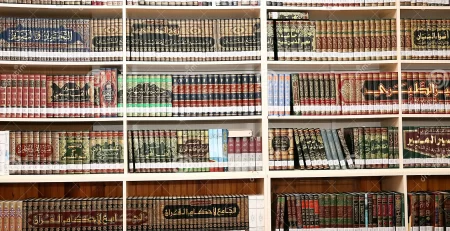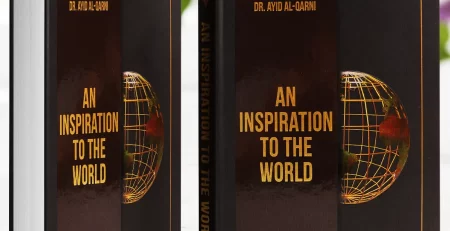QURA’AN AND TRANSLATIONS
The Quran, also spelled as Qur’an, is the holy book of Islam. It is considered by Muslims to be the word of God as revealed to the Prophet Muhammad (peace be upon him) through the Angel Gabriel. The Quran is written in classical Arabic and is considered the ultimate source of guidance for Muslims in matters of faith, practice, and morality. It covers a wide range of topics, including theology, morality, law, and guidance for personal conduct.
Translations of the Quran are versions of the Quran that have been translated from classical Arabic into other languages to make it accessible to non-Arabic speakers. These translations are typically intended to convey the meaning and message of the Quran to a broader audience. Some important points to note about translations of the Quran include:
Interpretation: Translations are interpretations of the original text, and the nuances of the original Arabic text may not always be fully captured in translation. The Quran is considered a linguistic miracle in its original form, and the beauty of its language is often challenging to replicate in translation.
Importance of Arabic: While translations are valuable for those who do not understand Arabic, the original Arabic text of the Quran is regarded as the most authoritative version. Muslims are encouraged to learn and recite the Quran in Arabic, and it is the Arabic text that is used for religious rituals and recitation.
Differences in Translations: There are many different translations of the Quran available, and the choice of translation can impact how specific passages are understood. Translators may use different words or interpretations to convey the meaning of the Arabic text.
Interpretation and Context: Understanding the Quran often requires knowledge of its historical and cultural context, as well as the guidance of scholars and commentaries. Different schools of thought within Islam may have slightly different interpretations of certain passages.
Commentaries (Tafsir): To gain a deeper understanding of the Quran, Muslims often refer to commentaries or Tafsir. These are scholarly works that provide explanations and context for the Quranic verses. Tafsir can help readers interpret the Quran more accurately.
Respect and Handling: The Quran is highly revered in Islam, and it is treated with great respect. Muslims are expected to handle it with cleanliness and should not place anything on top of it or defile it in any way.
Some well-known English translations of the Quran include those by Abdullah Yusuf Ali, Sahih International, Muhammad Muhsin Khan, and Pickthall, among others. These translations aim to provide access to the teachings and wisdom of the Quran for a wider audience, but they should be used with an awareness of the limitations of translation and an understanding of the broader context and interpretation of the text in Islamic scholarship.





